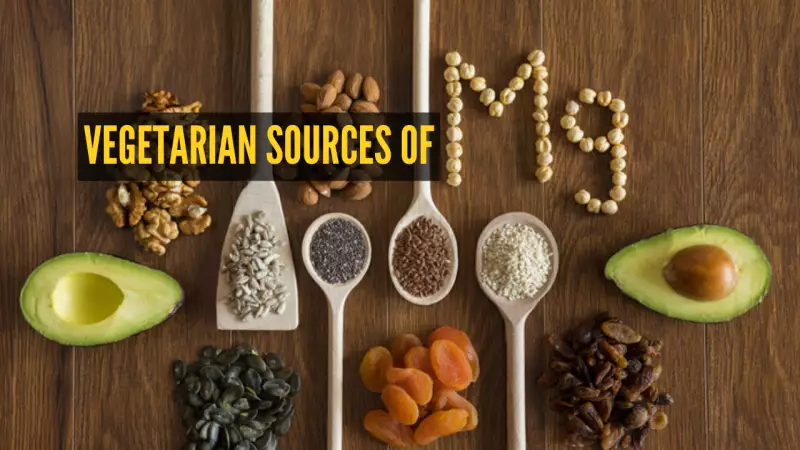Politics
3 Naxalites, Including Woman, Killed in Sukma Encounter with Security Forces
A woman among three Naxalites was killed in an encounter with security forces in Chhattisgarh's Sukma district on December 18. Police confirm the operation was based on specific intelligence.
Business
India-Oman CEPA Extends Stay for Service Providers to 2 Years: Goyal
India-Oman trade pact extends stay for contractual service suppliers from 90 days to 2 years, boosting mobility & job creation. Details inside.
World
Italy's Meloni Pledges Support for Mercosur Deal, Awaits Farmer Consensus
Italian PM Giorgia Meloni commits to the EU-Mercosur trade agreement, pending resolution of farmers' issues. Brazil's Lula confirms her stance. Read the full story.
Entertainment
Ananya Panday Rejects Modern Dating, Calls Herself a '90s Love Story Person'
At her film's trailer launch, Ananya Panday opened up about her traditional views on love, commitment, and family, rejecting casual dating culture. Discover her full dating timeline here.
Lifestyle
Health
WHO Summit Highlights Research Path for Traditional Medicine
The WHO Global Summit on Traditional Medicine emphasized evidence-based pathways, research governance, and integration into healthcare systems. Discover the key outcomes shaping the future.
Kauvery Hospital Launches Digestive Sciences Institute in Chennai
Kauvery Hospital Vadapalani launches a new institute for digestive and liver care, addressing India's growing GI health crisis where 70% face symptoms but few seek help.
Why You Should Eat Ripe Papaya for Breakfast Daily
Discover 6 science-backed health benefits of eating ripe papaya every morning. From better digestion to glowing skin, learn how this fruit can transform your daily routine. Read more!
Doctor's Warning on Ibuprofen & Omeprazole Side Effects
A cardiologist with over 1.1M followers warns of serious long-term risks from common drugs like Ibuprofen and Omeprazole. Learn the facts about heart, kidney, and nutrient depletion risks.
Dipika Kakar breaks down during first PET scan post-surgery
Dipika Kakar gets emotional during her first PET scan after liver cancer surgery. The actress shares her painful journey and thanks husband Shoaib for his unwavering support. Read her full story here.
Technology
Get Updates
Subscribe to our newsletter to receive the latest updates in your inbox!
We hate spammers and never send spam










































